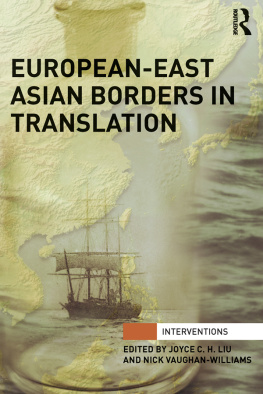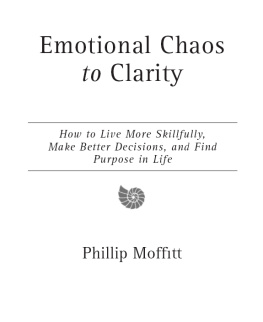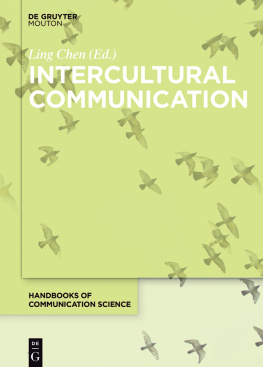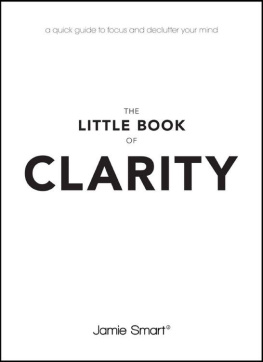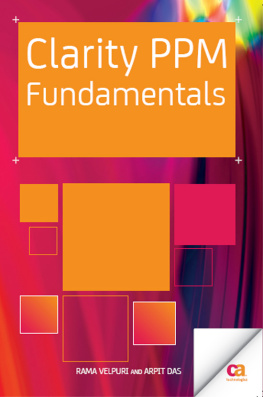
Writing and Thinking in Contemporary Academia
Across disciplinary borders, clarity is taken for granted as a cardinal virtue of communication in contemporary academia. But what is clarity, how is it practised in writing across disciplinary borders and how does it affect our ways of researching and thinking? This book explores such questions by scrutinising the ideal of clarity beyond its apparently self-evident value. Through a multi-methodological empirical analysis of the ideal of clarity, the author offers a sketch of what is termed the poetics of clarity, which is unfolded as a field of tension with important implications for sentence formation, authorial positioning and textual organisation. By way of a series of reflections on the possible consequences of this for thinking, this volume also explores the parts of knowledge production that may be marginalised, especially poetic language use, biases, interests and contexts, multi-dimensional arguments and errors. Revealing a positivist bias and a regime of high-speed consumption that characterise what, in certain regards, might be considered a productive space for knowledge production, Writing and Thinking in Contemporary Academia will appeal to scholars with interests in the sociology of knowledge, continental philosophy, the philosophy of science and academic writing.
Martin Grnfeld is Assistant Professor in Metabolic Science in Culture at Medical Museion and the Novo Nordisk Foundation Center for Basic Metabolic Research at the University of Copenhagen, Denmark.
Public Intellectuals and the Sociology of Knowledge
Series Editors:
Andreas Hess, University College Dublin
Neil McLaughlin, McMaster University, Canada
The sociology of knowledge has a long and distinctive history. Its function has always been that of attempting to bridge the aspirations of the discursive and institutional founding fathers of sociology with that of modern attempts to define the discipline through the study of the emergence, role and social function of ideas. However, since Mannheim first outlined his program in the 1920s, the sociology of knowledge has undergone many changes. The field has become extremely differentiated and some of its best practitioners now sail under different flags and discuss their work under different headings. This new series charts the progress that has been made in recent times despite the different labels. Be it intellectual history Cambridge-style, the new sociology of ideas which is now gaining strength in North America, or the more European cultural analysis which is associated with the name of Bourdieu, this series aims at being inclusive while simultaneously striving for sociological insight and excellence. All too often modern attempts in the sociology of knowledge, broadly conceived, have only looked at form while they downplayed or disregarded content, substance of argument or meaning. This series will help to rectify this.
Published Titles:
Zygmunt Bauman
Why Good People Do Bad Things
Shaun Best
The Politics of Academic Autonomy in Latin America
Edited by Fernanda Beigel
Radicalism in French Culture
A Sociology of French Theory in the 1960s
Niilo Kauppi
Writing and Thinking in Contemporary Academia
The Poetics of Clarity
Martin Grnfeld
Writing and Thinking in
Contemporary Academia
The Poetics of Clarity
Martin Grnfeld
First published 2020
by Routledge
2 Park Square, Milton Park, Abingdon, Oxon OX14 4RN
and by Routledge
52 Vanderbilt Avenue, New York, NY 10017
Routledge is an imprint of the Taylor & Francis Group, an informa business
2020 Martin Grnfeld
The right of Martin Grnfeld to be identified as author of this work has been asserted by him in accordance with sections 77 and 78 of the Copyright, Designs and Patents Act 1988.
All rights reserved. No part of this book may be reprinted or reproduced or utilised in any form or by any electronic, mechanical, or other means, now known or hereafter invented, including photocopying and recording, or in any information storage or retrieval system, without permission in writing from the publishers.
Trademark notice : Product or corporate names may be trademarks or registered trademarks, and are used only for identification and explanation without intent to infringe.
British Library Cataloguing-in-Publication Data
A catalogue record for this book is available from the British Library
Library of Congress Cataloging-in-Publication Data
A catalog record has been requested for this book
ISBN: 978-1-138-31213-5 (hbk)
ISBN: 978-0-429-45842-2 (ebk)
Typeset in Times New Roman
by Swales & Willis Ltd, Exeter, Devon, UK
For Merete,
Thank you for your love and wisdom
Writing a book is a daunting task. This book came out of years of interest in writing, which lead to a PhD dissertation. However, this is not the actual dissertation, but a much reworked and rewritten text. During my process, several people and institutions have been decisive and without their support this book would not have been possible.
I wish to express my deep gratitude to Brian OConnor for his encouragement and enthusiasm during my time at the Department of Philosophy at University College Dublin. Furthermore, I want to express my gratitude to the rest of the faculty and fellow PhD students who provided me with invaluable feedback throughout the years. I especially want to express my gratitude to Tim Mooney and Andreas Hess, who always took the time to read my drafts and provided indispensable comments and suggestions for further readings. I also want to thank Tim and Andreas for encouraging me to write this book, and Andreas for pointing me in direction of this series. Moreover, I wish to express my gratitude to Gabriel Rockhill for providing me with challenging and critical comments on the manuscript. I am also grateful to Sren Gosvig Olesen who supervised me when I was a graduate student at the University of Copenhagen and who supported my turn to the topic of writing. Finally, I wish to express my warmest thanks to the editorial staff at Routledge for their support and advice.
I also want to thank the institutions that hosted me during my writing process and the research funding bodies that supported my work. First of all, University College Dublin, where I had the pleasure of taking part in a lively philosophy department. I also want to thank the research unit Savoirs, textes, langage at Universit de Lille III, for hosting me in 2014. I especially wish to thank Philippe Sabot and Pierre Macherey for their engaging discussions. Moreover, I want to express my gratitude to the Department of Management, Politics and Philosophy at the Copenhagen Business School for hosting me in 2016. I really appreciated the lively research environment and the invaluable comments on my work. I especially want to thank Sverre Raffnse for his guidance and insightful comments. Furthermore, I owe a special debt to Medical Museion and the Center for Basic Metabolic Research at the University of Copenhagen for providing me with the ideal peaceful working conditions for the final stages of my writing process. I also want to express my warmest thanks to my colleagues at Medical Museion for their support. Here I also wish to express my gratitude for the generous funding I have received from the Irish Research Council, without which this book would never have existed. I also want to thank Christian and Ottilia Brorsons Rejselegat, Knud Hjgaards Fond, and Augustinus Fonden for supporting my work with research grants in its initial phase.



